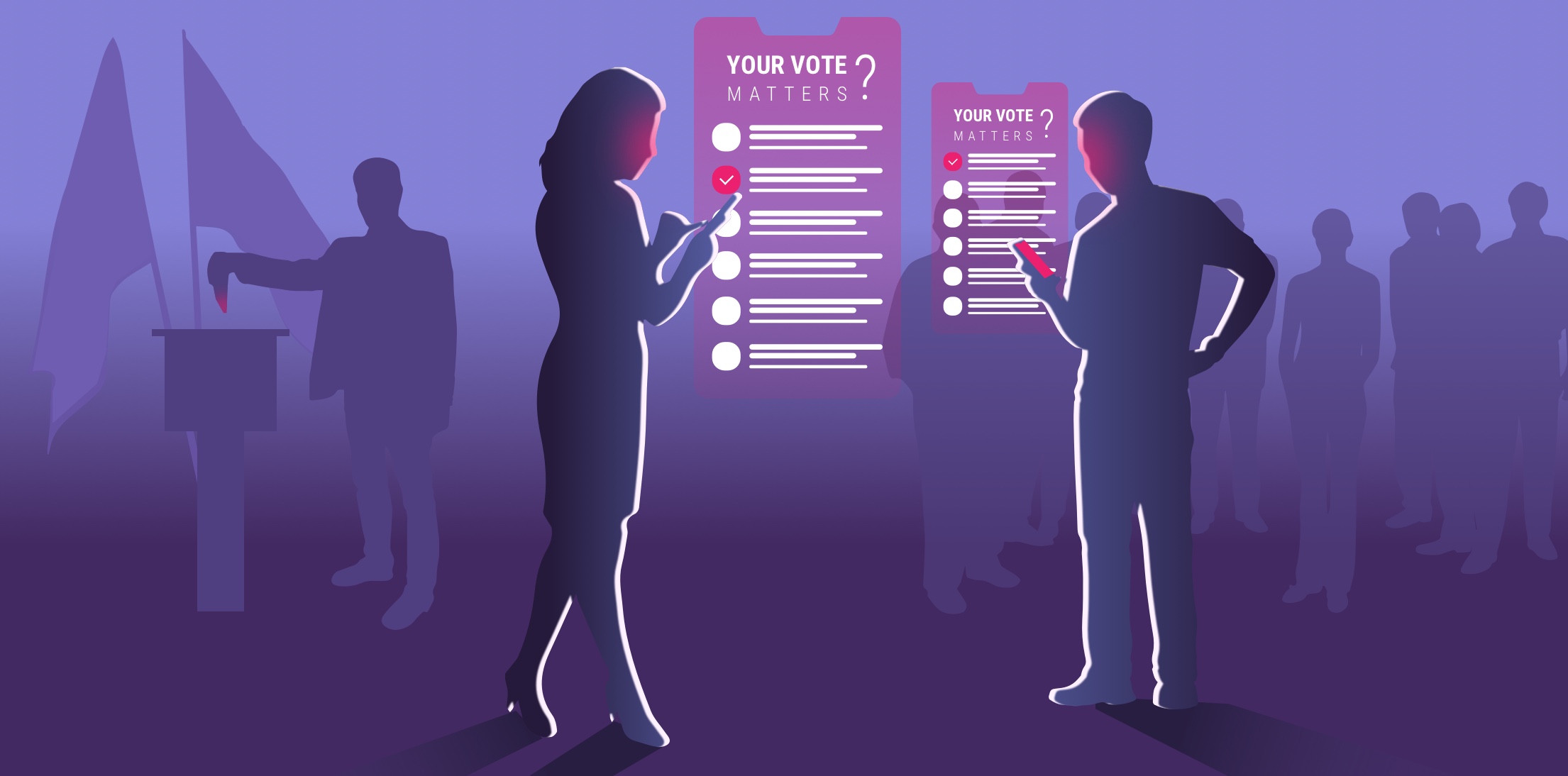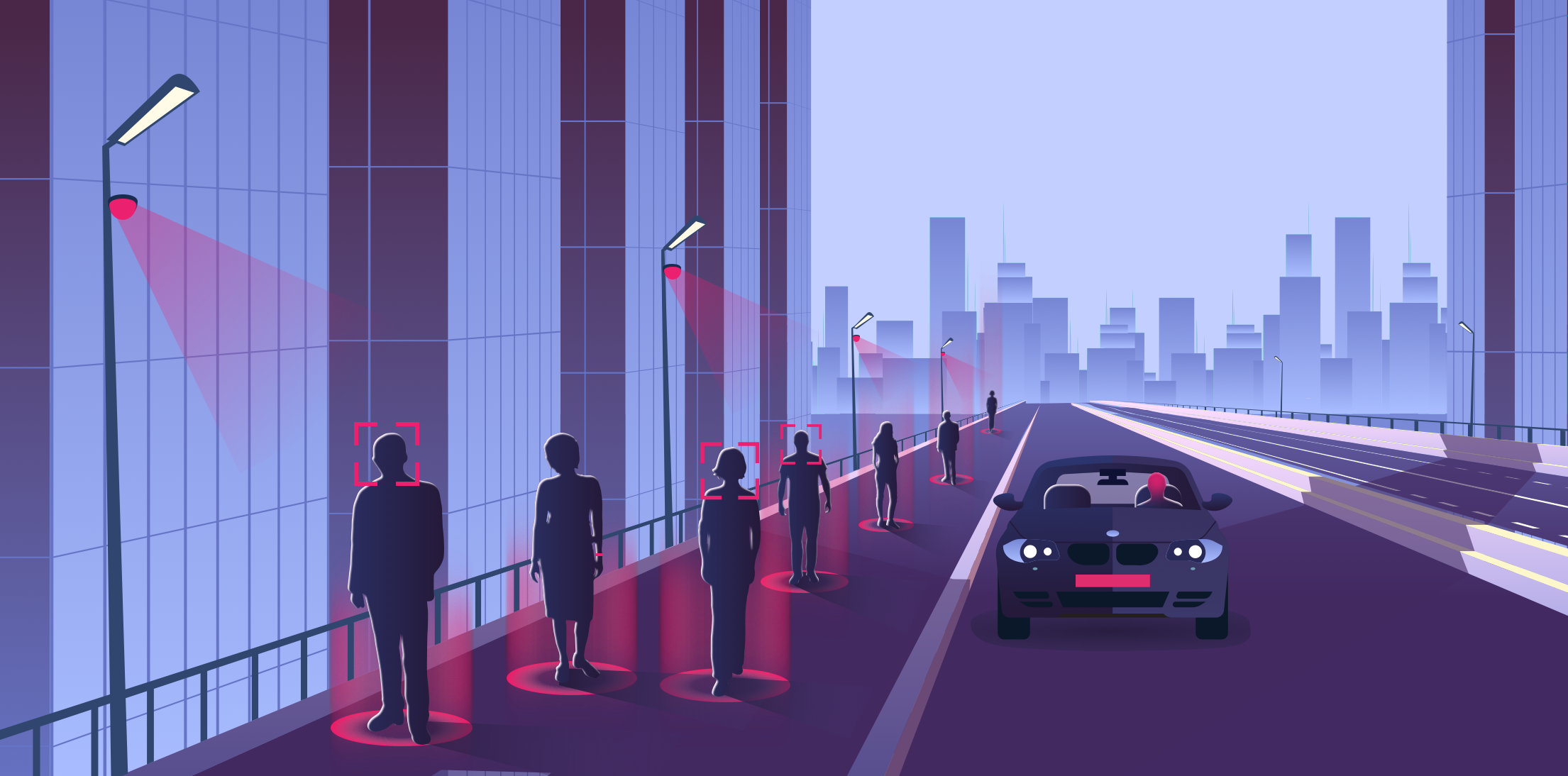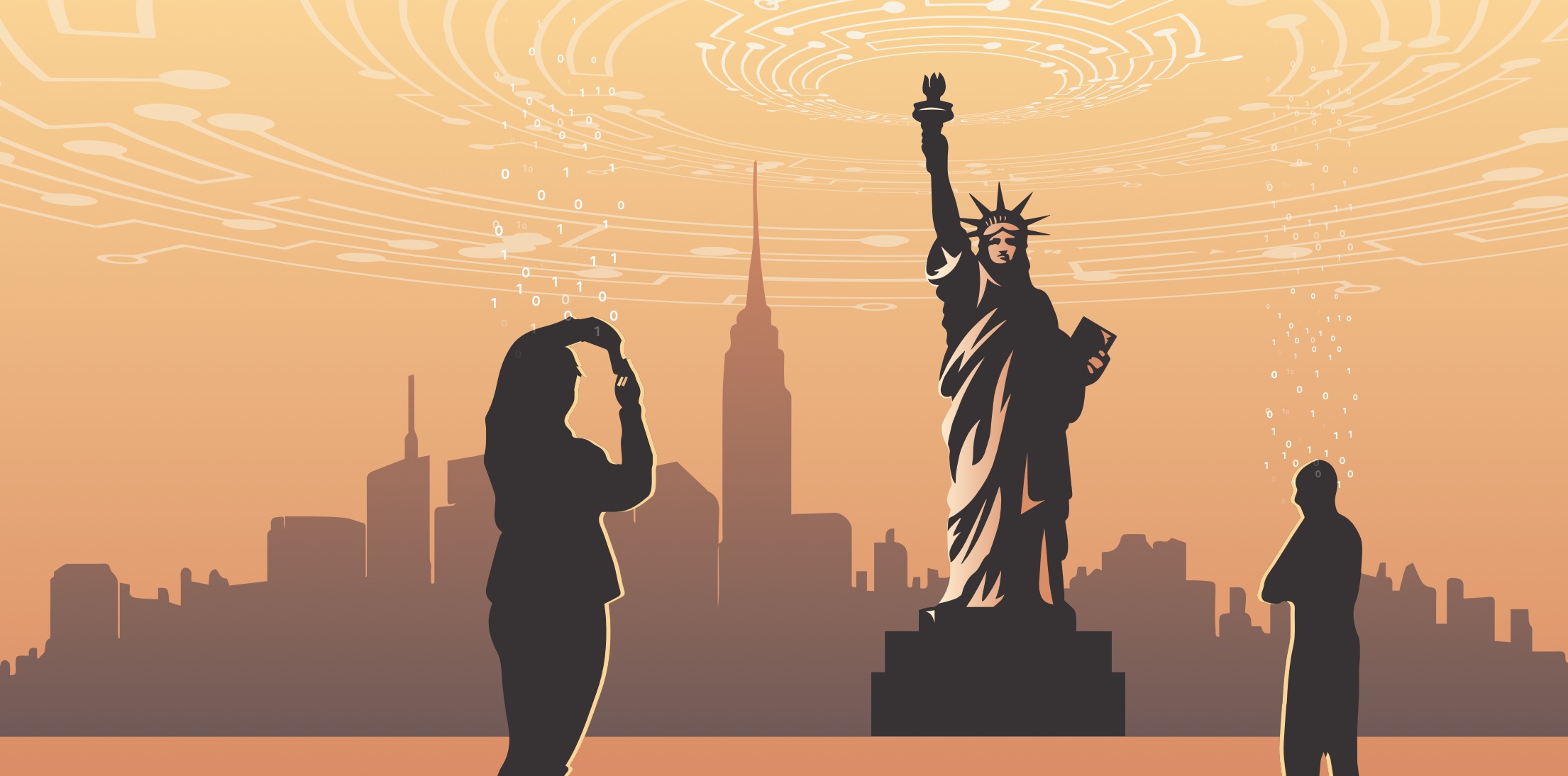Face surveillance is progressing at an incredible pace, due in no small part to COVID-19. We take a look at current trends and where they may be going.
The Dark Web is characterized as either an awful place filled with criminals or a battleground for privacy and anonymity. We put the debate in perspective.
As cyber weapons proliferate, more people and organizations are victims of targeted attacks via phishing, ransomware, and spy apps.
As the harms of sharing data online become evident, public concern increases. However, we continue to candidly divulge information. Can we reconcile our beliefs and behavior?

Elections are going digital, with or without voter consent. As online ballots and polling apps are deployed, the bugs in digital democracy are piling up.

When cyber and economic warfare heats up between superpowers, our computers and mobile devices are caught in the middle.

Over the past two decades, a conflict between government imperatives for national security and tech industry protection of user privacy has been escalating.

When we shine a spotlight on our institutions, we are better able to stop them from shining a spotlight on every aspect of our lives.

As malicious actors and data brokers stalk investors on exchanges, a growing number of users turn to privacy coins for ways to conceal their transaction patterns.

When it comes to privacy in the physical world, people expect not to be stalked by an all-seeing eye. But are we being tracked anyway?

Surveillance laws in the U.S. have proven ineffective at countering terrorism. What they have achieved is a regime of mass surveillance that turns citizens into suspects.

Our online activity collectively fuels the industry of behavioral advertising.
The Privacy Issue presents ten podcasts that are setting the privacy, cybersecurity, and emerging tech agenda.
From wiretapping to GPS tracking and digital surveillance, the methods governments use to keep tabs on their citizens have increased in scope over the past decades.



